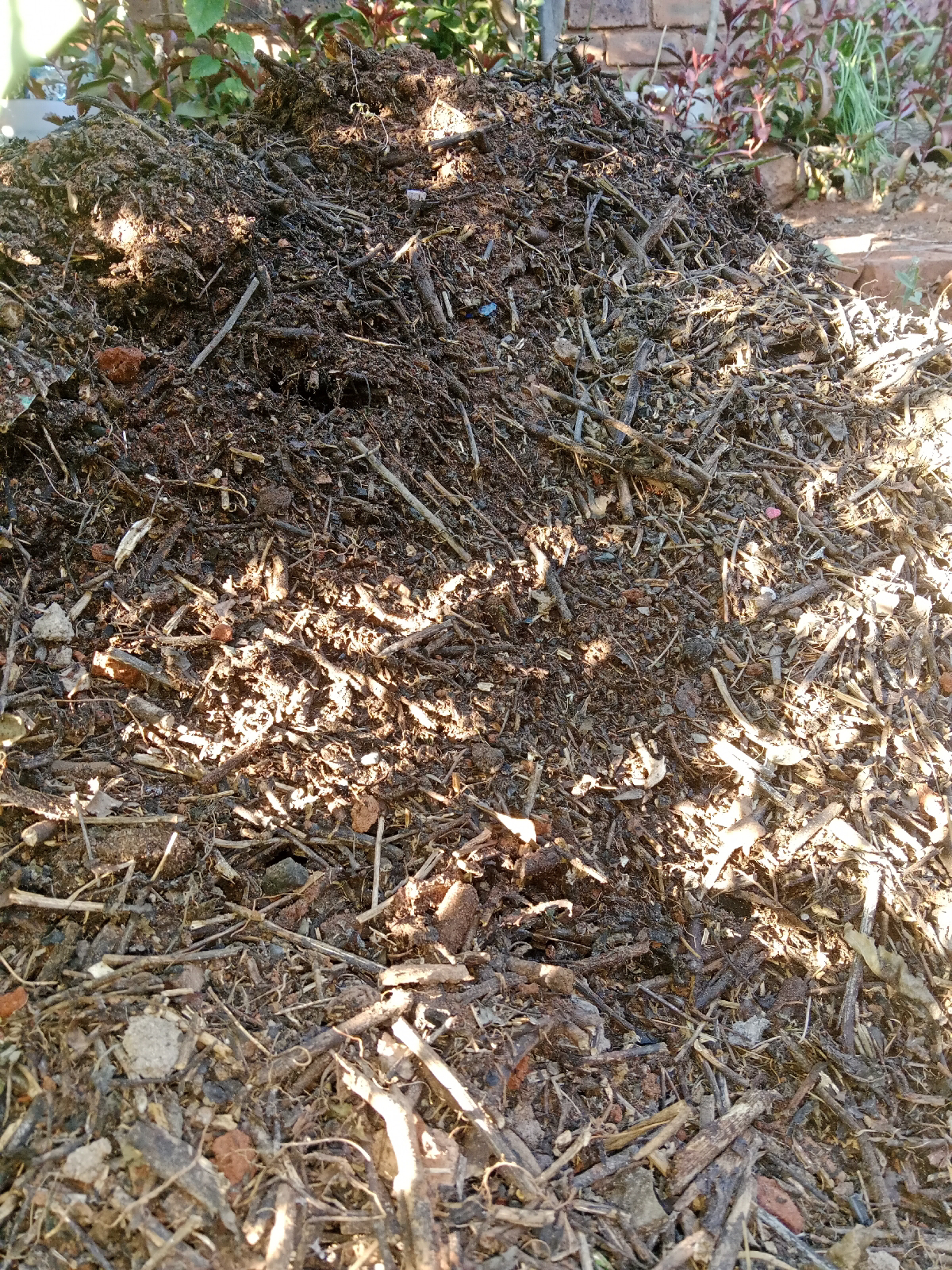In a world increasingly aware of the environmental impacts of waste, the practice of composting stands out as a beacon of sustainability. Homemade compost, in particular, represents a simple yet powerful way to reduce waste, enrich soil, and cultivate a healthier planet. It's a process that bridges the gap between our daily lives and the cycles of nature, turning kitchen scraps and yard waste into nutrient-rich soil amendments. Let's delve into the art and science of homemade composting and explore its myriad benefits.
The Basics of Homemade Compost
At its core, #composting is the decomposition of organic materials into a rich, soil-like substance known as humus. This natural process is facilitated by microorganisms such as bacteria, fungi, and worms, which break down organic matter into its basic components. These components include essential nutrients like nitrogen, phosphorus, and potassium, all vital for plant growth.
Creating homemade compost is a straightforward process that involves layering organic materials, maintaining moisture and aeration, and allowing time for decomposition to occur. The key ingredients for successful composting include:
1. Brown Materials: This category comprises carbon-rich materials such as dried leaves, straws, and newspaper(not glossy). Brown materials provide the necessary structure and carbon for the compost pile.
2. Green Materials: Nitrogen-rich materials like fruit and vegetable scraps, grass clippings, and coffee grounds fall into this category. Green materials supply essential nutrients and moisture to the compost pile.
3. Water: Adequate moisture is crucial for microbial activity and decomposition. The compost pile should be as damp as a wrung-out sponge.
4. Air: Oxygen is essential for aerobic decomposition, which is why turning or aerating the compost pile regularly is necessary to maintain airflow. this can be done once a week.
Benefits of Homemade Compost
1. Waste Reduction:
Homemade composting diverts organic waste from landfills, where it would otherwise release methane, a potent greenhouse gas. By composting kitchen scraps and yard waste, individuals can significantly reduce their ecological footprint and contribute to waste reduction efforts.
2. Soil Enrichment:
Compost acts as a natural soil conditioner, improving soil structure, moisture retention, and nutrient levels. It enhances soil fertility, leading to healthier plants with increased resistance to pests and diseases. Additionally, compost helps remediate contaminated soils and promotes biodiversity by providing a habitat for beneficial microorganisms.
3. Cost Savings:
Producing homemade compost eliminates the need for store-bought fertilizers and soil amendments, saving money in the long run. By utilizing materials readily available in the kitchen and garden, composting becomes a cost-effective way to enhance soil health and promote sustainable gardening practices.
4. Climate Mitigation:
Composting sequesters carbon in the soil, reducing greenhouse gas emissions and mitigating climate change. Healthy soils enriched with compost are more resilient to extreme weather events, erosion, and droughts, thereby contributing to climate adaptation efforts.
Tips for Successful Composting
1. Balance Green and Brown Materials: Aim for a ratio of roughly 2 parts brown materials to 1 part green materials to maintain proper decomposition and avoid unpleasant odors.
2. Aerate the Pile: Turn or aerate the compost pile regularly to ensure adequate oxygen levels for aerobic decomposition. This also helps prevent the pile from becoming compacted and anaerobic, which can lead to foul odors.
3. Monitor Moisture Levels: Keep the compost pile moist but not waterlogged. If the pile is too dry, add water; if it's too wet, incorporate additional brown materials to improve airflow and absorption.
4. Patience is Key: Composting is a natural process that takes time. Depending on environmental conditions and the composition of the materials, it may take several weeks to several months for compost to mature. Be patient and trust in the trans-formative power of nature.
In addition you can add the following component to your compost:
- Ash
- Cola
- Salt(not too much) and
- Sugar
Homemade composting embodies the principles of sustainability, resourcefulness, and stewardship of the environment. By harnessing the natural processes of decomposition, individuals can turn kitchen and yard waste into a valuable resource for soil health and plant growth. Whether you're an avid gardener, an Eco-conscious homeowner, or simply someone looking to reduce waste, embracing homemade composting offers a tangible way to make a positive impact on the planet. Start composting today and join the growing movement towards a greener, more sustainable future.

